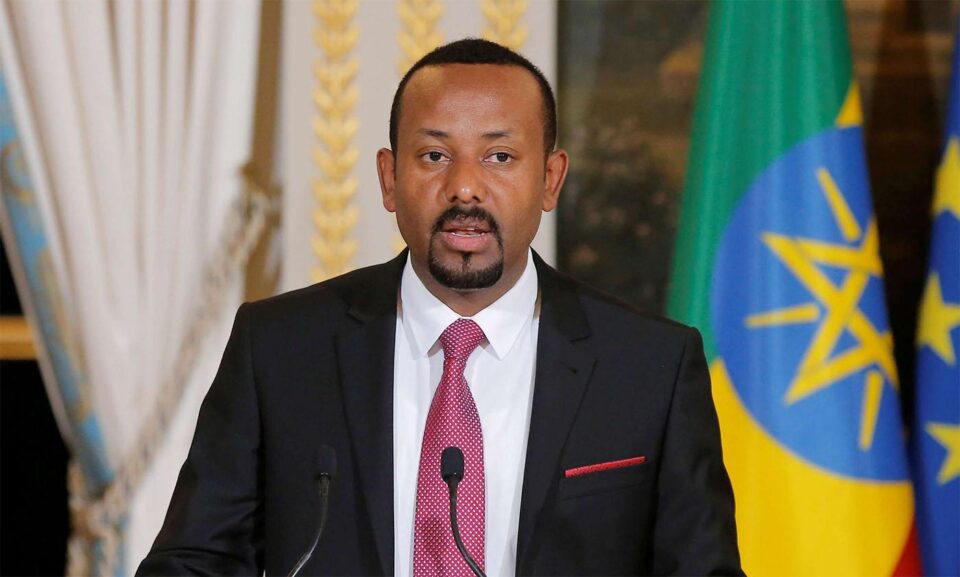Ethiopia’s Prime Minister has ordered the country’s military to confront the regional government of Tigray after he accused it of carrying out a deadly attack on a military base.
A statement from Abiy Ahmed’s office said that “the last red line has been crossed” after months of alleged incitement.
The reported overnight attack by the well-armed Tigray People’s Liberation Front (TPLF) has raised concerns that Ethiopia could plunge back into war.
The region has also been placed under a state of emergency for six months after a meeting of the Council of Ministers of the Federal Government.
“The situation has reached such a level that it can no longer be prevented or controlled through the usual law enforcement mechanisms,” the Council stated.
The United States has issued an urgent statement, even amid their presidential election stalemate, to call for an “immediate de-escalation of the current situation in Tigray”.
Tension has risen sharply in recent days between the federal government in Addis Ababa and the regional government of Tigray, which no longer recognises the authority of the federal state since the postponement of national elections.
In a televised address recently, Prime Minister Abiy said that “disloyal forces” had turned against the army and the attack had caused “many deaths, injuries and material damage”.
The prime minister’s office has also accused the TPLF – the ruling party in the region – of dressing its soldiers in uniforms similar to those worn by the Eritrean military to implicate the neighbouring countries in “false claims of aggression” among other allegations
The two countries made peace in 2018 after a long border war.
Netblocks, an internet monitoring observatory, said they had observed a subnational blackout in Ethiopia.
The TPLF was the dominant part of Ethiopia’s governing coalition before Ahmed Abiy took office and announced sweeping political reforms that won him a Nobel Peace Prize in 2019.
Ethiopia is one of Africa’s most populous and powerful countries and unrest could send shockwaves through the turbulent Horn of Africa.
In an earlier statement, the International Crisis Group urged “both sides to embrace comprehensive dialogue”


